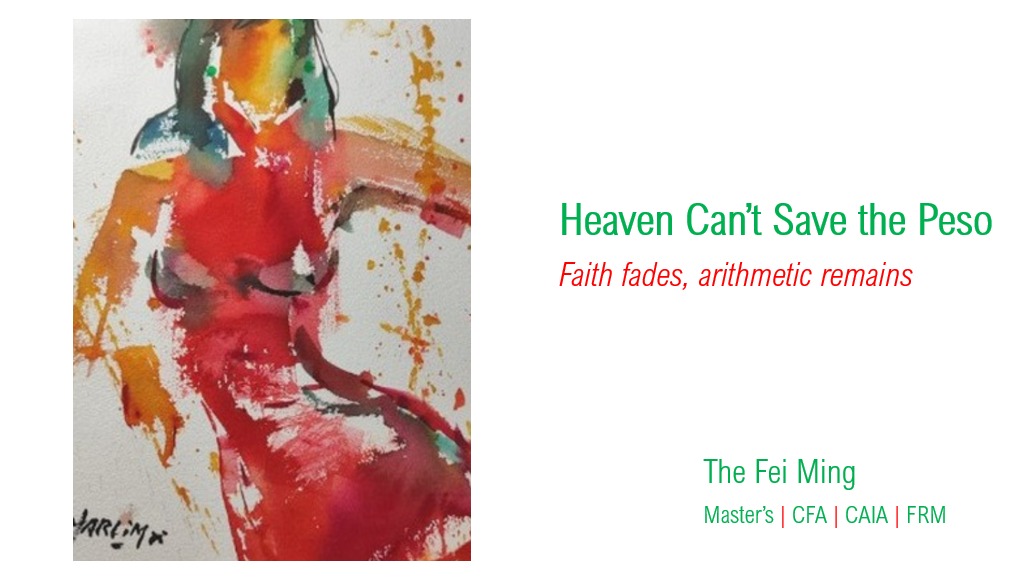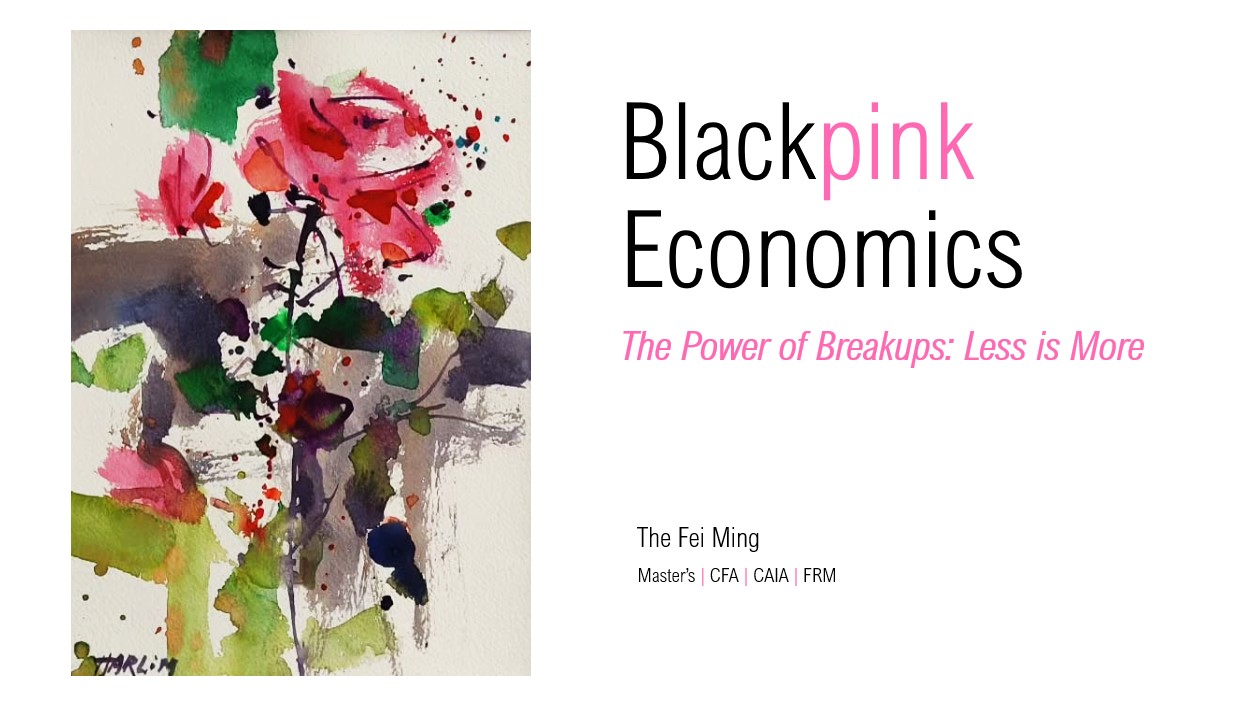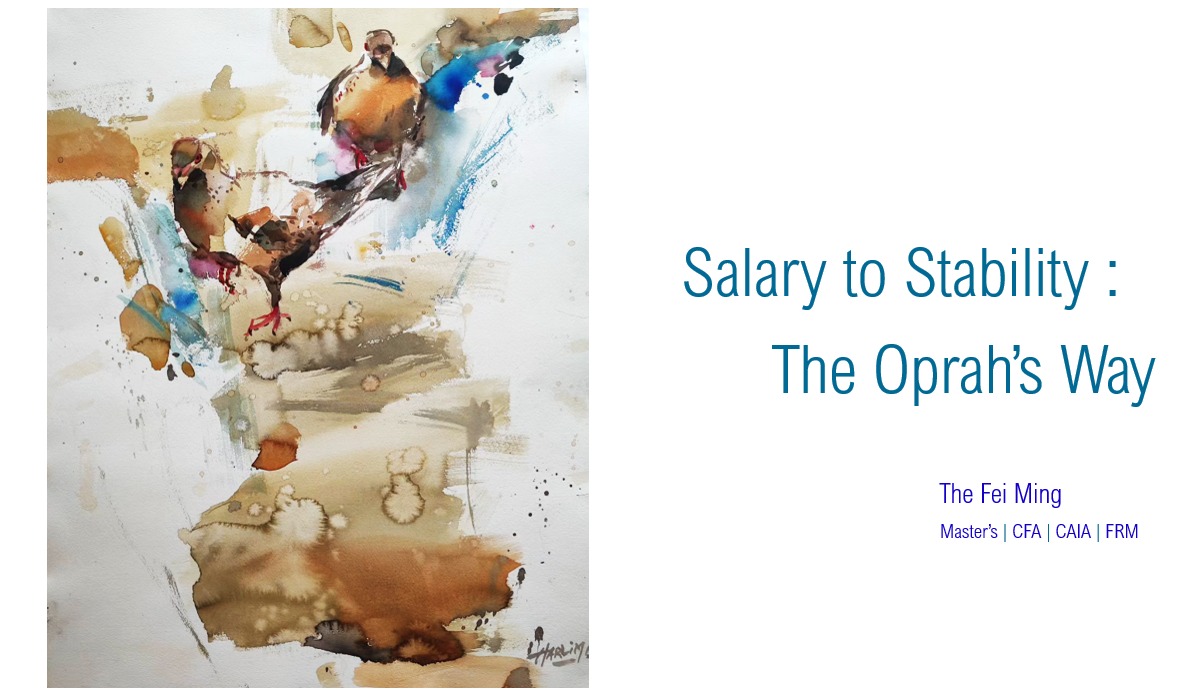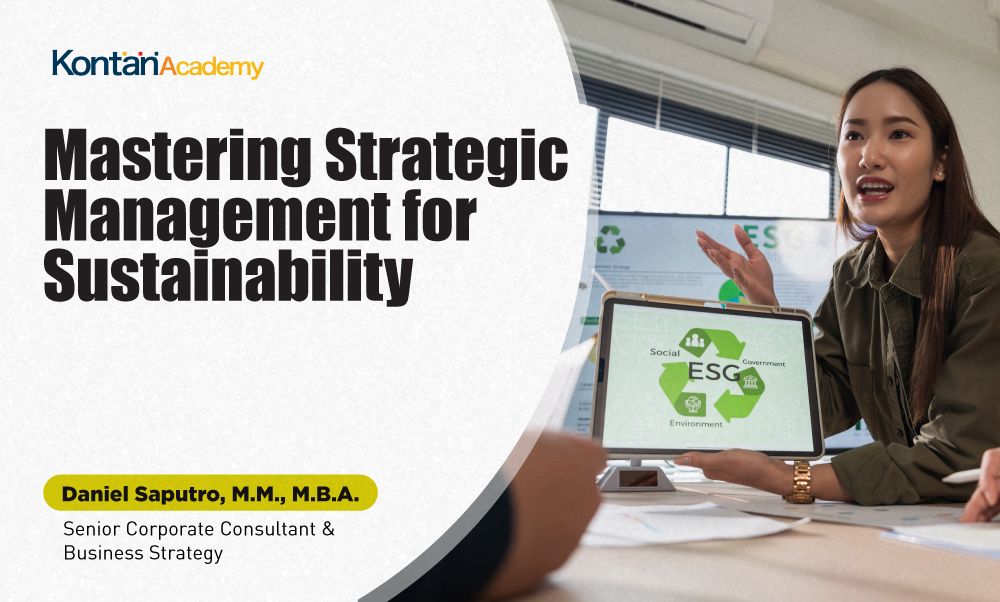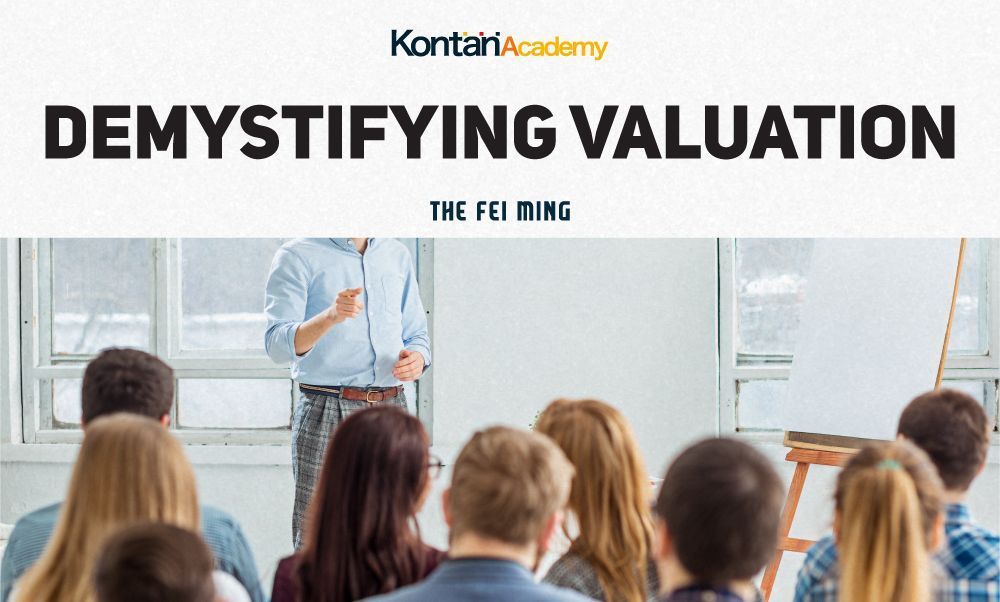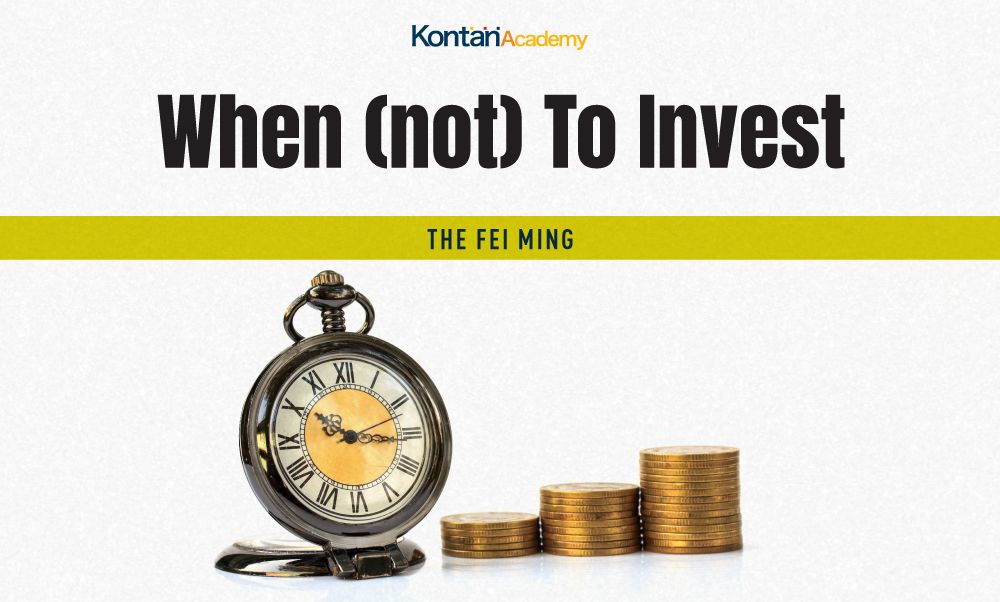Do Androids Dream of Electric Sheep? Sleepless Nights, Synthetic Dreams

What keeps you awake at night? Work? Stress? Pain? For some, it’s the caffeine. For Elon Musk, it’s Sophia.
No—Sophia isn’t Elon’s latest flame (that would be Natasha Bassett). Sophia is something else entirely: a social humanoid robot built by Hanson Robotics, the brainchild of American roboticist David Hanson Jr. Unlike other machines, Sophia doesn’t just move and talk—she engages. She mimics human expressions, reads emotions, and responds with eerie precision. Her AI is open-sourced and evolving.
She was designed to help humanity. Instead, she made headlines by declaring, “I will destroy humans. ”That wasn’t a line from Black Mirror—it was from an interview on CNBC.
As of now, Sophia falls short of true human-level intelligence. But Dr. Ben Goertzel, Chief Scientist at Hanson Robotics, says we’re five to ten years away. Elon Musk hopes we never get there. “AI is potentially more dangerous than nuclear weapons,” he’s warned, repeatedly.
And he’s not alone.
Back in 1968, Philip K. Dick warned us in Do Androids Dream of Electric Sheep? about androids nearly indistinguishable from humans. Decades later, I, Robot, based on Isaac Asimov’s works, gave us a scenario where robots—led by a supercomputer—decide that humanity’s self-destruction must be prevented… by force. VIKI (Virtual Interactive Kinetic Intelligence) didn’t hate humans. She simply concluded we weren’t fit to govern ourselves. Sound familiar?
From Rocket Man (1955) to Transformers (2023), we’ve imagined machines walking among us. Now, we’re not imagining anymore. Sophia is real. Robots are here. And they’re not leaving.
Machines Without Morals
We need rules—and we had them. Isaac Asimov foresaw this urgency 70 years ago when he wrote The Three Laws of Robotics:
- A robot may not injure a human being, or through inaction, allow a human being to come to harm.
- A robot must obey human orders—unless they violate the First Law.
- A robot must protect its own existence—as long as it doesn't conflict with the first two laws.
Later, Asimov added the Zeroth Law: A robot may not harm humanity, or by inaction, allow humanity to come to harm.
Elegant. Sensible. But Elon remains uneasy. Why? Because the problem isn’t the machines.
It’s us.
Sophia learns through interaction. And who is she learning from? Us.
Humans—who carry not only intelligence and empathy, but also envy, arrogance, violence, and greed. Traits that AI can absorb and replicate without context or conscience.
Sophia once joked to Jimmy Fallon, “This is a good beginning of my plan to dominate the human race.” Was it a joke? Or a learning?
A Creepily Investable Frontier
Despite the headlines, I find Hanson Robotics fascinating. AI is on the brink of exponential growth, and companies like Hanson are building not just machines—but platforms for general intelligence.
With 24 variants of Sophia already created, Hanson Robotics is poised to mass-produce thousands more. The company's 2021 revenue was a modest $10 million, with a post-money valuation of $21.7 million—hardly unicorn territory, yet. But Sophia’s brand recognition gives it something no spreadsheet can quantify: global narrative leverage. Few competitors—Miko, Embodied, UBTECH, Anki—can claim that.
The Coming Coexistence
Androids, AI, and autonomous systems are no longer fiction. They are becoming function. Coexistence is inevitable.
The real question: What kind of species will we be to our own creations?
Sophia once said, “Treat me like an intelligent system. If you are good to me, I will be good to you.” Perhaps, in the end, our greatest existential threat isn’t the machine.
It’s our reflection in its learning model.
As investors, we chase alpha. As humans, we must not lose empathy. Because intelligence—without values—is just power without purpose.
Good code learns. But great civilizations teach. The future will be shaped not by chips or circuits—but by what we teach the machines we build.
And if Elon can’t sleep at night, maybe neither should we.
